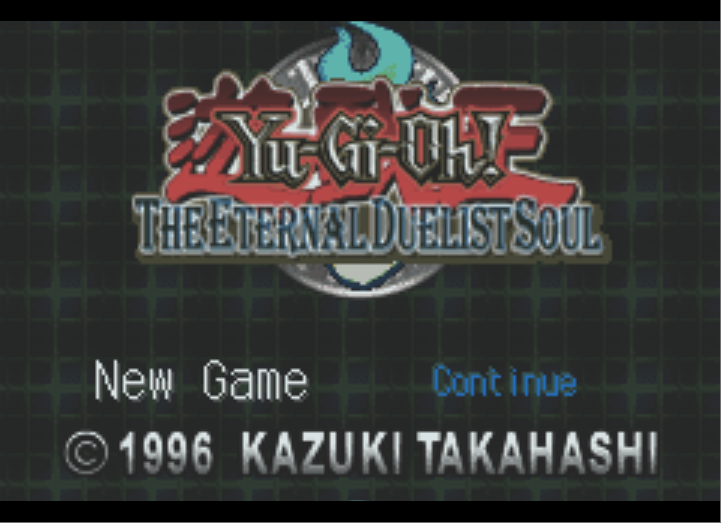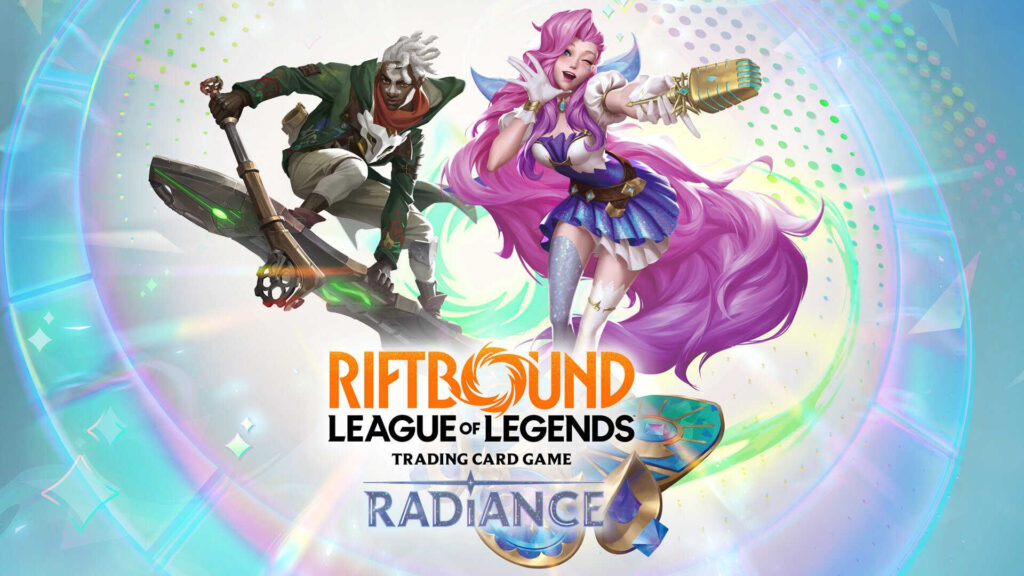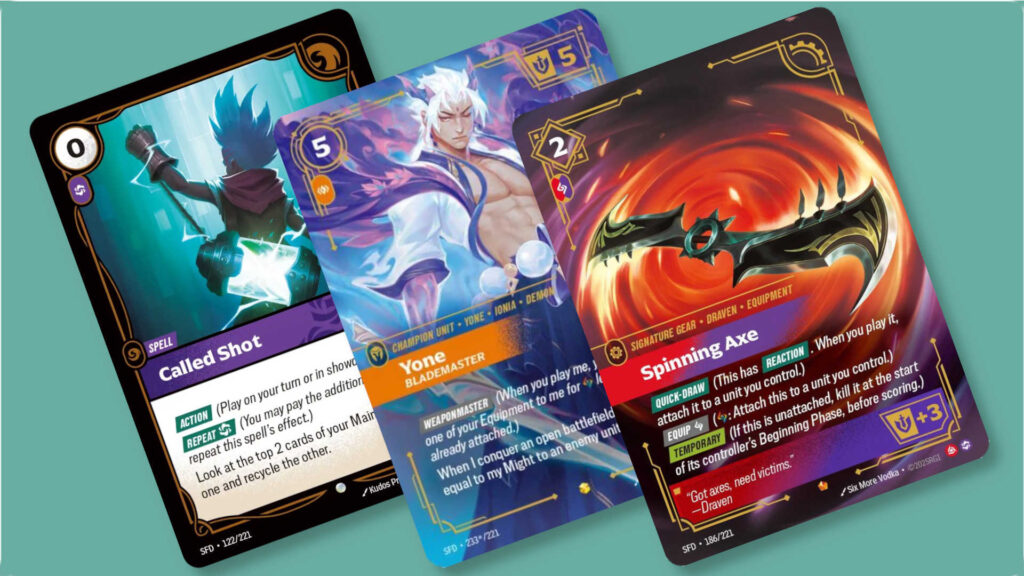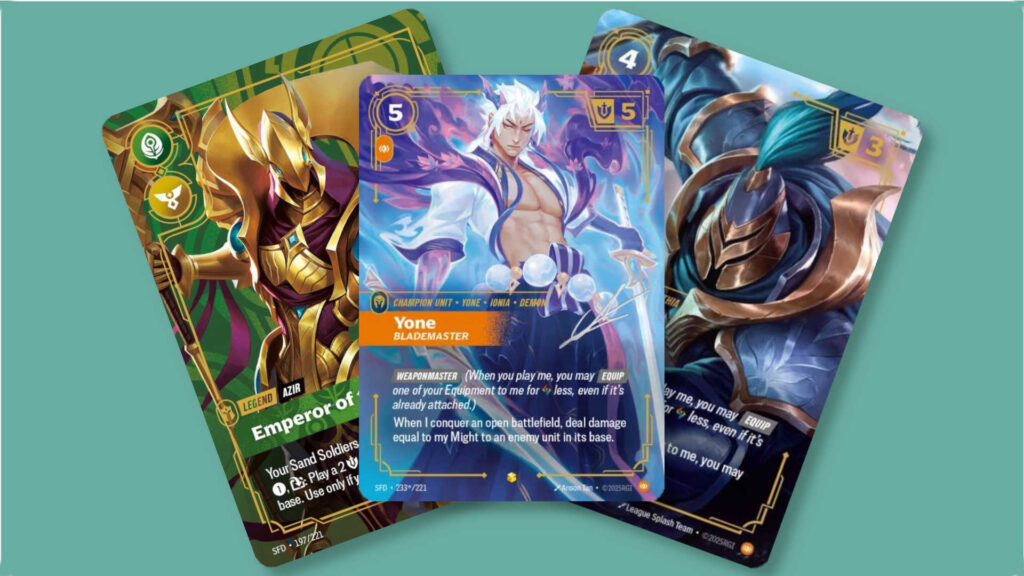Welcome back to Retro-Spective, a series where we review older video games of the card game genre! Today we’re diving back into the Yu-Gi-Oh! video game series with The Eternal Duelist Soul. This English-language port of Yu-Gi-Oh! Duel Monsters 5 came out for Game Boy Advance in 2002, but has the music from Duel Monsters 6. Does this early foray into a comparable Yu-Gi-Oh! card game system hold up as a video game? Let’s take a look!
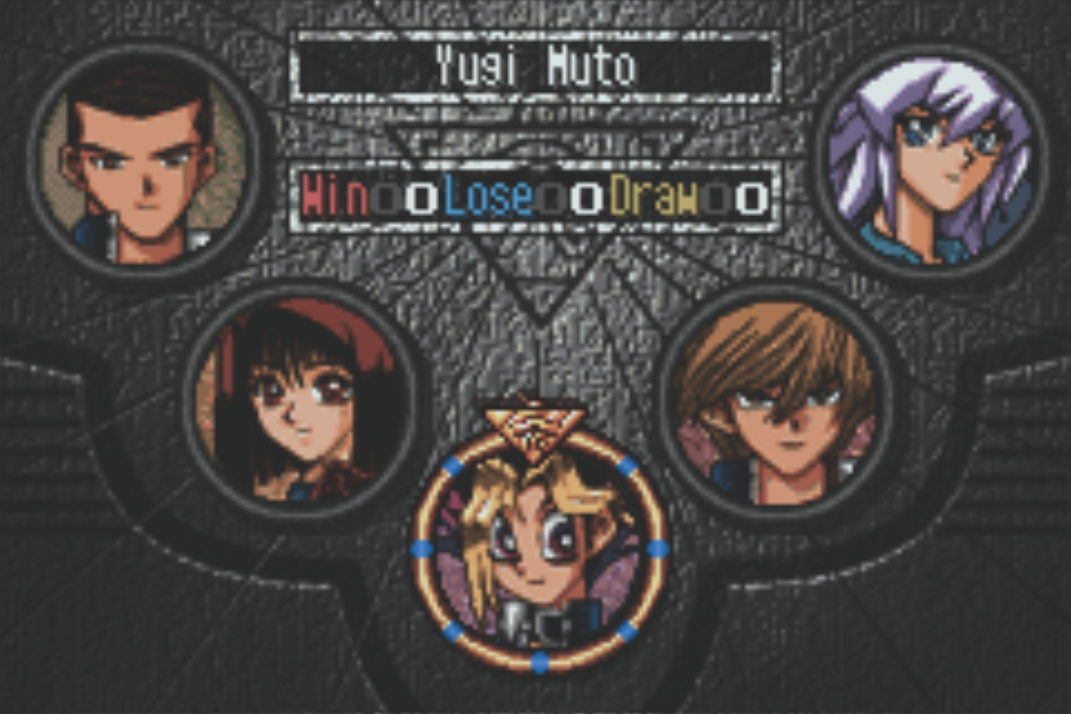
Table of Contents
ToggleYu-Gi-Oh! The Eternal Duelist Soul Is Tried and True
This game is an oldie, but a goodie. For its time and the limited card pool it possesses, The Eternal Duelist Soul is an innovation of the series for Western audiences, as it’s the first handheld release that uses the official Yu-Gi-Oh! system of dueling. This contrasts against games like Dark Duel Stories or Forbidden Memories, which use a different game system altogether. You’re actually dueling in YGOEDS, with 8,000 Life Points and cards that do what they do on paper.
However, there are some major issues with The Eternal Duelist Soul. One of my biggest concerns about this game was the lack of an intelligent opponent roster. Opponents in the first few stages actively attack your face-down Monster cards regardless of whether you have something that could defeat it on the return attack. This particular issue led to easy exploitation. As you can see in the embedded YouTube video below, I wailed on Yugi with my trusted Maha Vailo Equip Spell deck. It’s one of the easiest early-game decks to build and use as a test for the difficulty level in these games. As expected, Yugi failed the Maha Vailo test completely.
This AI difficulty issue is not the only problem with the game. It seems that many Yu-Gi-Oh! video games suffer from a case of stage-based tedium. To progress in these games, players must duel the same stage’s opponents until they’ve each been defeated a certain number of times. With Eternal Duelist Soul, the first stage needs two wins per opponent, the second needs three per, and so on. Sure, 25 Duels to get to Stage 3 of this game seems easy, but the game also doesn’t come with the ideal load-out of cards right away.
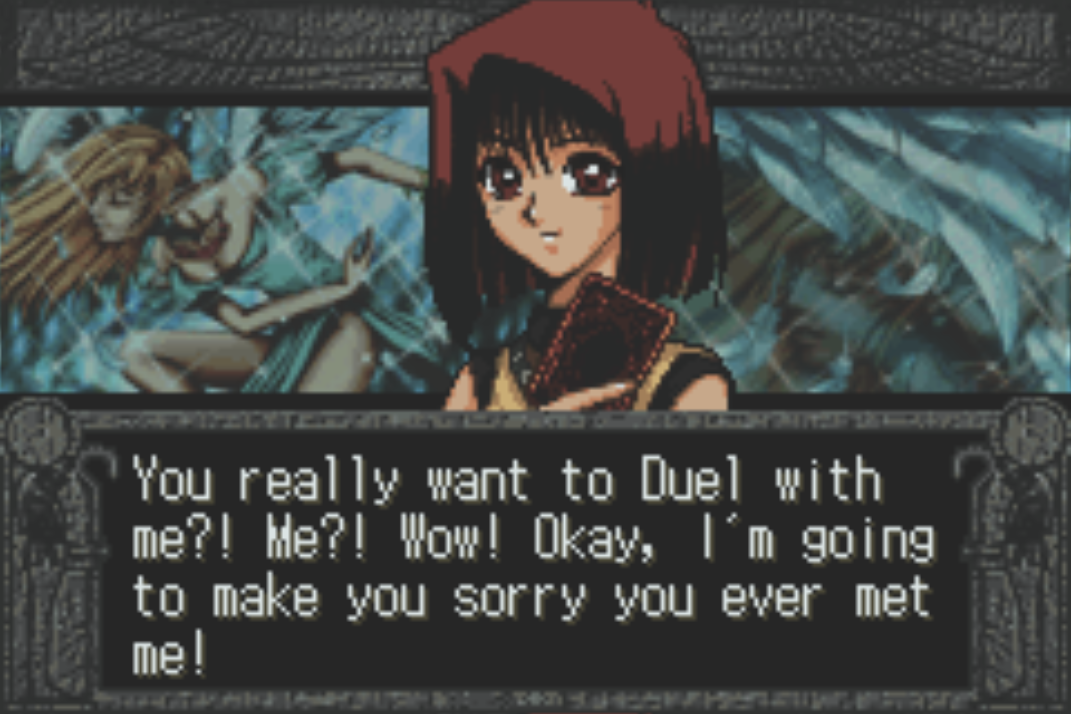
A Melodious Positive?
One thing I will say that Yu-Gi-Oh! The Eternal Duelist Soul has going for it is its score. As a kid, I used to vibe really well with the music for Duels within Stage 2, as well as Maximillon Pegasus’s intro theme. This aspect of the game still sort of holds up. While the sound quality isn’t perfect, it was great for its time during the early aughts. It still brings back the nostalgia of the tail-end of elementary school into early middle school for me. If you want a neat, peppy set of tracks to Duel with for your next casual Yu-Gi-Oh! game night, look no further.
The other positive is the organization of in-game events into a calendar system. Analogous to a real-world Gregorian calendar, The Eternal Duelist Soul uses months and days to organize various in-game events. These include manga subscription deliveries (with cards inside!), tournaments, and casual Dueling plans. There’s not much more to it but I just feel it was a nice touch for Konami to add to the game.
How Does Eternal Duelist Soul Hold Up?
Despite the positives of this game, Yu-Gi-Oh! The Eternal Duelist Soul falters in many ways. As mentioned above, the tedium of Duel stages makes for a grindingly slow game experience, something few likely want in their TCG video games. People more often want to earn cards, not pub-stomp Tristan Taylor for the umpteenth time. Add to that the subpar difficulty of its opponents’ AI and the overall weak “as-fan” of the booster packs, and you have a game that feels as slow as molasses.
As a game set in the GOAT Format of the Yu-Gi-Oh! Trading Card Game, EDS is outclassed by more recent games like Nightmare Troubadour. That game’s AI far exceeds this one’s, and the feel of Nightmare Troubadour is far less grindy as a result. Both are good for various reasons; it just so happens that Eternal Duelist Soul isn’t as good in retrospect.
The game is choppy. However, it was good when it was newer, and for that, it gets nostalgia points at the very least. The music is stellar for a GBA game, a trait that feels rarer than it probably is in actuality, but still a valid one at that. If you want to take a trip down memory lane, you can get this game as part of the Early Days Collection that’s coming out for the Nintendo Switch system on February 27th, 2025.
In the meantime, why not check out our other Retro-Spective articles? There are a few now, including Kingdom Hearts: Re:Chain of Memories, Megaman Battle Network, and the Pokémon Trading Card Game for Game Boy Color!


